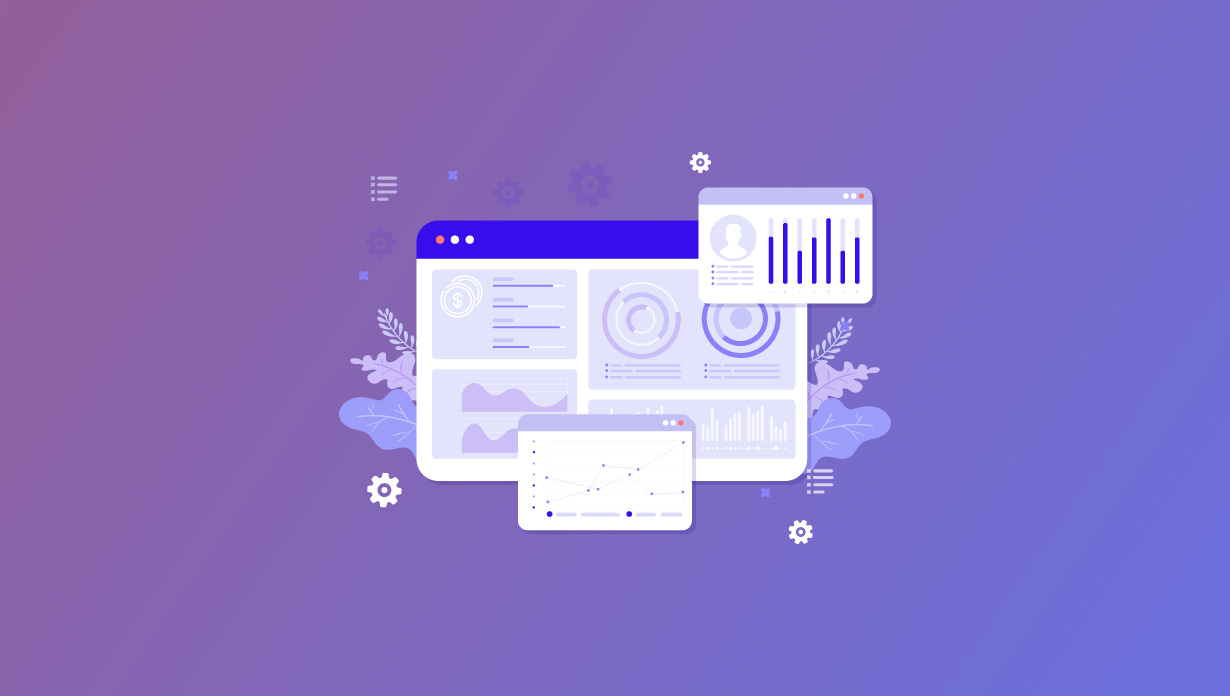In today’s digital landscape, having a business website is non-negotiable. Here’s why:
Enhancing Credibility and Trustworthiness:
A well-designed website signals that your business is serious and customer-focused. Potential clients often check online for information about a company before engaging with it.
Improving Online Visibility and Authority:
Your website acts as a virtual storefront, accessible 24/7. It’s where potential customers find you, learn about your offerings and decide whether to engage
Boosting SEO Performance:
Search engines love websites! Regularly updated content, relevant content, relevant keywords, and quality backlinks contribute to better search engine rankings. More organic traffic and maybe leads will result from this.
Generating Leads and Increasing Sales:
Your website can capture leads through forms, newsletters, or calls to action.
Building Brand Recognition and Expanding Exposure:
Consistent branding across your website reinforces your identity.
Digital Promotion and Marketing Strategies:
From blog posts to social media integration, your website is a hub for marketing efforts.
Enhancing Customer Service
FAQs, chatbots, and contact forms streamline customer inquiries
Data-Based Customer Insights:
Analyze website metrics to understand user behavior.
Facilitating Product Sales and Transactions:
E-commerce websites allow customers to buy directly online.
Establishing a Wider Audience Reach:
Your website isn’t limited by geography. It reaches potential clients globally, expanding your market reach.
Strengthening Brand Loyalty:
Regularly update your website with fresh content. Engage visitors with blog posts. Industry news and educational resources.
Conducting Competitor Analysis:
Explore competitors’ websites to learn from their strategies. Identify gaps and.
Opening Up New Markets and Accessibility:
Adapt your site for different audiences by localizing content
Cost Savings:
Updating a website is less expensive than traditional advertising.
Establishing Direct Communication Channels:
Contact forms, live chat, and email links allow direct interaction with potential clients.
Choosing the Right Web Builder for Your Business.
Now, let’s discuss web builders. Here are some popular options:
- Wix: Wix offers user-friendly drag-and-drop features, making it ideal for beginners.
- WordPress: WordPress powers millions of websites worldwide. It’s highly customizable, with a vast library of themes and plugins
- Squarespace: Squarespace combines aesthetics with functionality.
The Pitfalls of Web Builders
1. Cookie-Cutter Designs
Web builders often provide templates that are widely used. While these templates are convenient, they can make your website look generic. A lack of uniqueness may not resonate well with your target audience.
2. Limited Customization
Although web builders offer drag-and-drop functionality, they have limitations. You might struggle to achieve a specific design or functionality due to these constraints. Customizing beyond the provided options can be challenging.
3. Performance Issues
Page load times are impacted by the bloated code generated by certain web builders. Websites that load slowly irritate users and lower their search engine rankings. Furthermore, certain builders might not properly optimize scripts or pictures.
4. SEO Challenges
Web builders often fall short in terms of SEO (search engine optimization). They might not allow you to customize meta tags, URLs, or other critical SEO elements. Without proper optimization, your site may struggle to rank well on search engines.
5. Dependency on the Builder
Once you commit to a web builder, switching to a different platform can be cumbersome. You become reliant on their ecosystem, making it harder to migrate your site elsewhere if needed.
6. Lack of Scalability
Your website’s needs may change as your company expands. Certain web builders have scalability limitations that make it difficult to increase functionality or add new features.
7. Hidden Costs
While web builders advertise low initial costs, additional features (such as e-commerce capabilities, custom domains, or advanced analytics) often come with extra charges. Be aware of these hidden costs.
8. Security Concerns
Not all web builders prioritize security. Vulnerabilities in their code or plugins can expose your site to hacking attempts. Regular updates and security measures are crucial.
8. Mobile Responsiveness
A subpar mobile experience may turn off prospective buyers.
Your website functions as a round-the-clock online storefront. Having a good web presence increases your industry authority.
9. Limited Integrations
Web builders might lack integrations with third-party tools or services you need for your business. Consider whether the builder supports essential integrations like CRM, email marketing, or payment gateways.
Remember, while web builders offer convenience, thoroughly evaluate their pros and cons before committing. Consider hiring a professional web developer if you require a more tailored and robust solution.
Enhancing Credibility and Trustworthiness
A well-crafted website signals that your business is serious and customer-focused. It’s often the first step in vetting a company, and including customer testimonials further enhances credibility.
Improving Online Visibility and Authority
Use forms, newsletters, or calls to action to gather leads. Promote your goods or services to increase revenue.
Boosting SEO Performance
Regularly updated content, relevant keywords, and quality backlinks contribute to better search engine rankings.
Generating Leads and Increasing Sales
Capture leads through forms, newsletters, or calls to action. Showcase your products or services to drive sales.
Building Brand Recognition and Expanding Exposure
Consistent branding across your website reinforces your identity. Share success stories and testimonials.
Digital Promotion and Marketing Strategies
Use your website to share valuable content and engage with your audience.
Enhancing Customer Service
FAQs, chatbots, and contact forms streamline customer inquiries.
Data-Based Customer Insights
Analyze website metrics to tailor your offerings and marketing strategies.
Facilitating Product Sales and Transactions
E-commerce websites allow direct online purchases.
Establishing a Wider Audience Reach
Your website isn’t limited by geography—it reaches potential clients globally.
Strengthening Brand Loyalty
Regularly update your website with fresh content to engage visitors.
Conducting Competitor Analysis
Explore competitors’ websites to learn from their strategies.
Opening Up New Markets and Accessibility
Adapt your site for different audiences by localizing content.
Cost Savings
Keeping up a website is less expensive than doing traditional advertising.
Establishing Direct Communication Channels
Choosing the Right Web Builder
• Wix: User-friendly with drag-and-drop features.
• WordPress: Highly customizable but may require a developer.
FAQS
• Why do I need a business website?
o A business website enhances credibility, improves online visibility, and allows you to showcase your products or services 24/7.
• What benefits does a website offer for lead generation?
o Websites capture leads through forms, newsletters, and calls to action. They provide a platform to engage potential customers and drive sales.
• Which web builder should I choose?
o Consider options like Wix (user-friendly), WordPress (customizable), and Squarespace (aesthetically appealing). Choose based on your specific needs.
• What are the pitfalls of using web builders?
o Web builders may offer cookie-cutter designs, limited customization, and performance issues. Be aware of these limitations.
• How can I ensure mobile responsiveness for my website?
O Give mobile-friendly design first priority. To guarantee a flawless experience, test your website on many devices.
• Are there hidden costs associated with web builders?
o Yes, additional features often come with extra charges. Understand the full cost beyond the initial package.
• What about security concerns?
o Not all web builders prioritize security. Regular updates and security measures are crucial.
• Can I integrate third-party tools with web builders?
o Some builders limit integrations. Ensure essential tools like CRM and email marketing are supported.
• How do websites contribute to brand loyalty?
o Regularly updating your website with fresh content engages visitors and strengthens brand loyalty.
• Is a website more affordable than traditional forms of
advertising?
o Yes, maintaining a website is a long-term investment with significant returns. 🌐🚀





